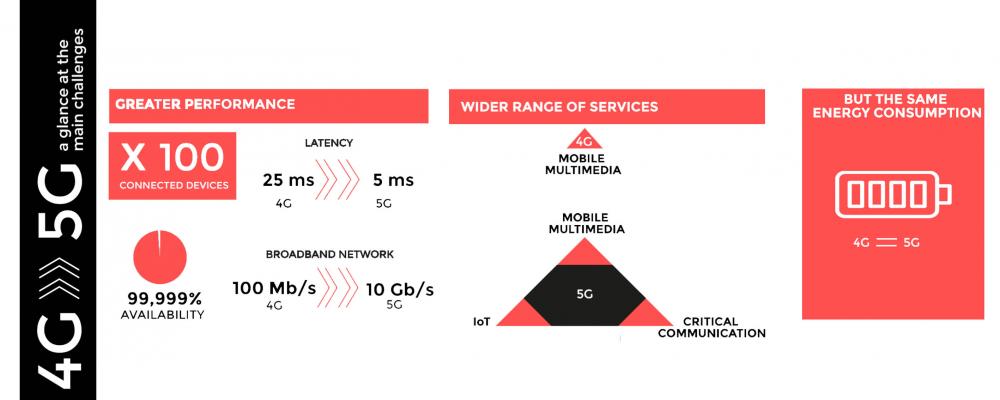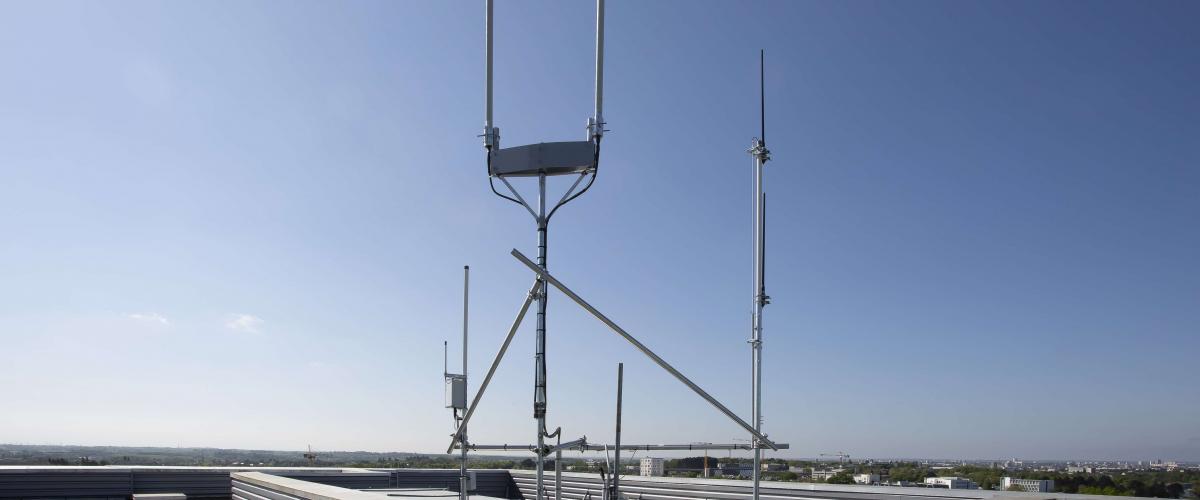b<>com’s 5G experimentation platform will be deployed this summer. The objective: to carry out certain tests on the future 5G network’s components and security in a telecom and IT environment. Innovation projects will be carried out by the IRT (Institute of Research and Technology) teams, but also by the IRT’s partners, in the context of collaborative projects.
The leveling off of 4G solution sales and the release of the first prototypes involving new waveforms and large-scale multi-antennas encourage governments and organizations to develop 5G infrastructures and services. Four years away from commercial deployment, the first demonstrations presented at the latest Mobile World Congress in Barcelona appeared promising.
For Michel Corriou, Networks and Security Director , “with this platform, we are moving upstream in the innovation cycle, as the first commercial 5G services are planned for the 2020 Tokyo Olympics. We are building an experimental network based on our developments, those of our partners, and elements generated by opensource communities like OpenAirInterface.”
5G mobile networks: a priority for Europe
So projects focused on the new mobile-multimedia standard, the IoT and critical communications are booming. Proof that b<>com ranks high among European players is the fact that the ARCEP (independent French agency in charge of regulating telecommunications in France) has just granted the IRT the authorization to broadcast frequencies as part of the development of future 5G equipment. This opportunity allows the IRT to carry out its own research projects, as well as participate in nation- and Europe-wide projects.
The test platform has been developed as part of the European 5G-ENSURE project led by the VTT research center in Finland and by Thales in France. The focus of 5G-ENSURE is realizing a vision for a secure, resilient and viable 5G network under the umbrella of the 5G Infrastructure Public Private Partnership (5G-PPP) in the Horizon 2020 Programme.




